Alex Cheong Pui Yin
27th February 2023 - 6 min read

Last Friday, Prime Minister Datuk Seri Anwar Ibrahim – who is also the Finance Minister – re-tabled the highlight anticipated Budget 2023 (also known as Belanjawan Madani). With a total allocation of RM388.1 billion, it sought to address multiple challenges that the government had inherited to date, including a high debt burden of almost RM1.5 billion and high food inflation.
Amidst all that, the plight of micro, small and medium-sized enterprise owners (MSMEs) were not forgotten, with Datuk Seri Anwar noting that “there are still businesses that have been affected by the pandemic”, and that the government wants to “ensure local MSMEs are again competitive and able to increase their business capacity.” So here’s a list of various facilities that have been proposed under Belanjawan Madani, which MSMEs and SMEs can expect to be able to tap into if the national budget is passed.
Lower tax rate for first RM150,000 taxable income
At present, companies with a paid up capital of RM2.5 million or less, and gross income of less than RM50 million (which typically includes MSMEs) are required to pay 17% tax on their first RM600,000 taxable income earned. Under Budget 2023, MSMEs, specifically, will enjoy a reduced tax rate of 15% on the first RM150,000 earned. This is expected to benefit 150,000 MSME taxpayers, offering savings of up to RM3,000 per business.
Access to business financing through various institutions
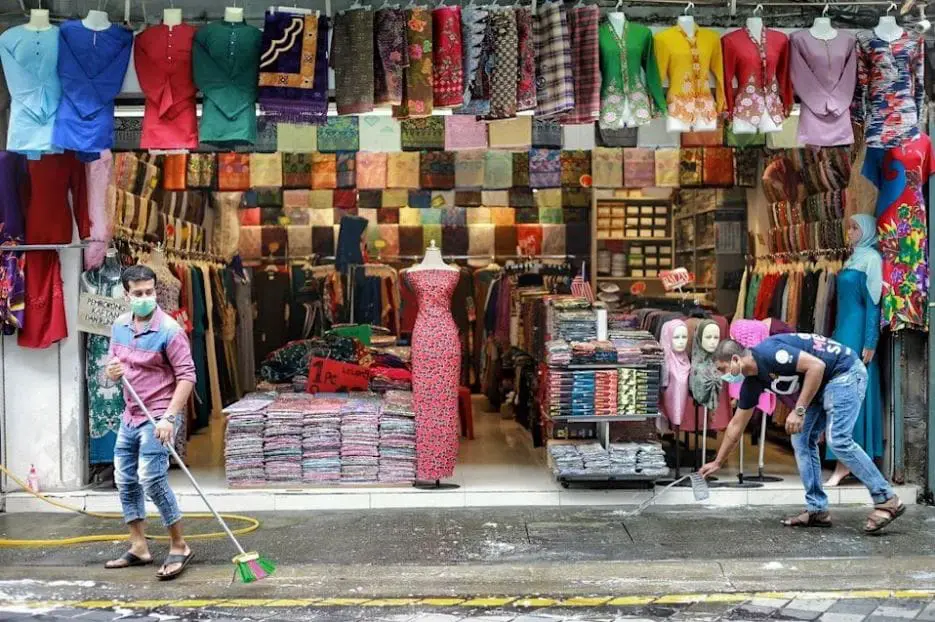
A total of RM1.7 billion has been set aside as funds for micro entrepreneurs and small businesses. Institutions and agencies such as Bank Negara Malaysia (BNM), Bank Simpanan Nasional (BSN), and Tabung Ekonomi Kumpulan Usaha Niaga (TEKUN) will be tasked to provide those who are in need with access to these funds, earmarked as below:
- RM300 million for micro businesses owned by women and youth entrepreneurs
- BSN to provide more than RM1 billion, focusing on MSMEs and hawkers
- TEKUN to provide RM330 million, including RM10 million to support youths from underprivileged backgrounds (including capital to venture into delivery services using motorcycles)
- Government to fund driving test fees for B40 youths (B2 motorcycle licences, as well as taxi, bus, and e-hailing licences)
Meanwhile, BNM will provide almost RM10 billion for SMEs to reduce their financial burden and encourage their business development.
Improved government guarantee schemes
Syarikat Jaminan Pembiayaan Perniagaan (SJPP) will also guarantee up to RM20 billion in SME loans, especially for key sectors like high technology, agriculture, and manufacturing (government guarantee of up to 90% of loans). This guarantee is also expanded to loans by non-banking financial institutions, such as credit leasing companies and cooperatives.
Financing to encourage sustainable and green initiatives

BNM will provide financing facilities of up to RM2 billion to support sustainable technology startups, as well as to help SMEs implement low carbon practices in their business development plans. This complements other ongoing financing programmes for green initatives as well, such as the Green Technology Financing Scheme (GTFS), which will also be enhanced with an increased guarantee value of RM3 billion until 2025 under Budget 2023 (it is currently valued at RM2 million).
Funds for business digitalisation
The government will allocate a total of RM100 million under the existing SME Digitalisation Grant scheme, which includes small hawkers. In addition to that, a matching grant of up to RM5,000 will be provided for SMEs that subscribe to business digitalisation applications (inclusive of point-of-sales (POS) systems, accounting, or inventory management).
BNM, too, will allocate a financing fund of RM1 billion to support MSMEs that wish to automate their business processes and digitalise their operations.
Matching grant for players in the tourism and culture industry

An allocation of RM250 million will be provided to promote tourism in the country, including a matching grant fund of RM115 million to collaborate with the tourism and culture industry. Specifically, the matching grants will be provided to business players in the industry to carry out promotional activities and organise events, in addition to promote charter flights to Malaysia.
Financing schemes and digitalisation for agro-food entrepreneurs
The Agrofood Financing Scheme under BNM will provide agro-food entrepreneurs with access to funds of up to RM1 billion, helping them increase production productivity as well as improve business planning. This will run alongside other related initiatives, including technology training programmes – such as the Digital AgTech programme by the Malaysia Digital Economy Corporation (MDEC) to assist farmers – and tax incentives for food production programmes to improve Malaysia’s food security.
Funds for skills training programmes
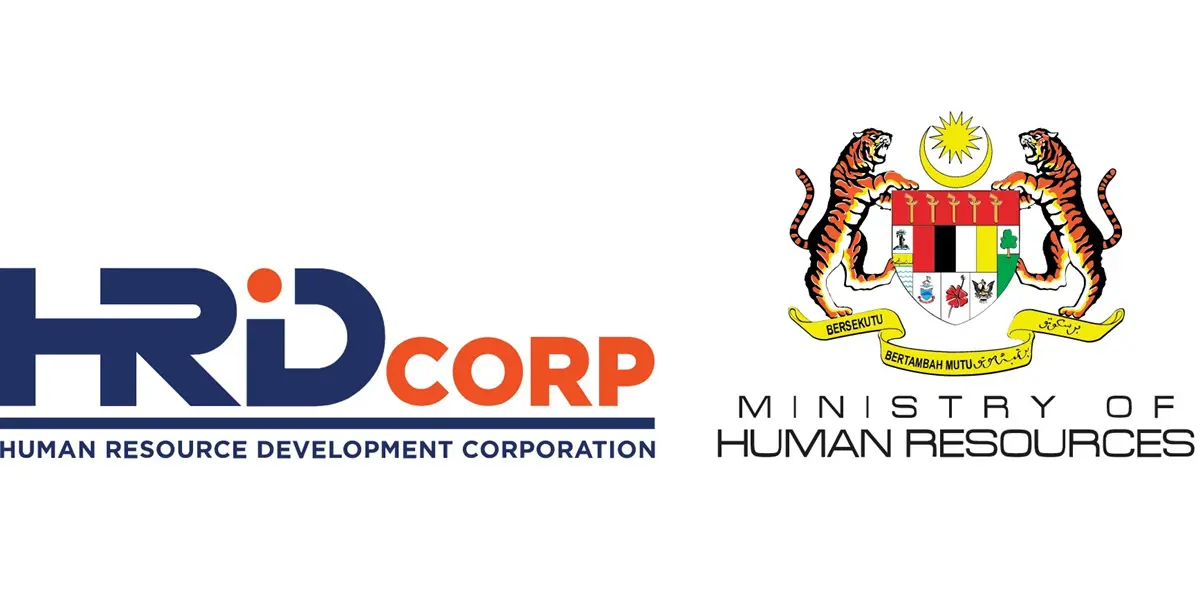
The Human Resource Development Corporation (HRDCorp) will allocate RM1 billion to implement skills training programmes for employees of registered employers, specifically those who have accumulated levies.
Briefly, these levies are mandatory levy payments collected by HRDCorp from employers in specific industries, and they are used to provide employee training for the Malaysian workforce. The levy is set at a rate of either 0.5% or 1% of the monthly wages of each employee, depending on the size of the company’s workforce.
Strengthening of the Digital Economy Centre (PEDi)
PEDi will be enhanced to help small business owners pick up information communication technology (ICT) and e-commerce expertise and knowledge. By the end of 2023, the government aims to have at least one PEDi facility in each state (1DUN 1PEDi).
For context, PEDi was first introduced in 2021, with the aim of playing a prominent role in helping to increase e-commerce activities within the country, especially in rural areas. It was rebranded from existing community internet centres.
Restructuring of agencies for better efficiency

Various government bodies and agencies that oversee and coordinate the startup and innovation ecosystem may be restructured, although the prime minister has not named which agencies will be involved in this exercise as of yet. This is to ensure better efficiency and effectiveness in coordinating efforts to develop local startup companies, assisting them from the seed stage to successful listing on Bursa Malaysia.
***
With this, we hope that business owners – specifically micro entrepreneurs and SME owners – will take advantage of these various key initiatives under Budget 2023 to recover and boost their ventures to greater heights! Do also check out our infographic for other highlights of Belanjawan Madani, along with our in-depth coverage here.
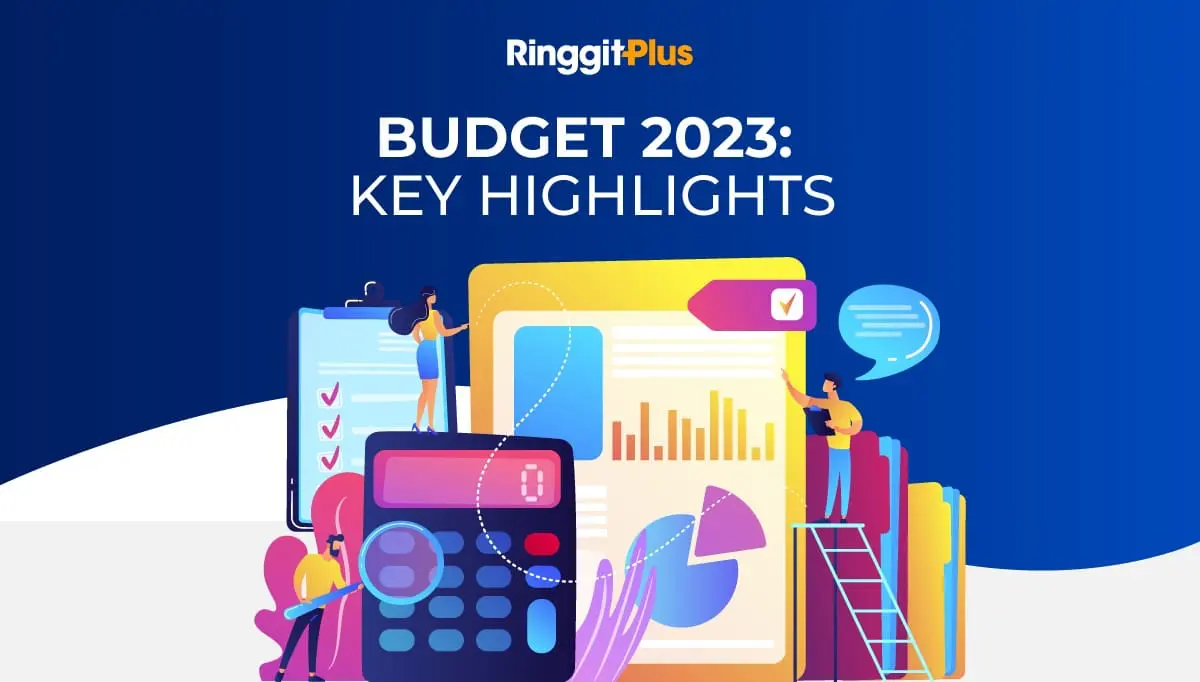
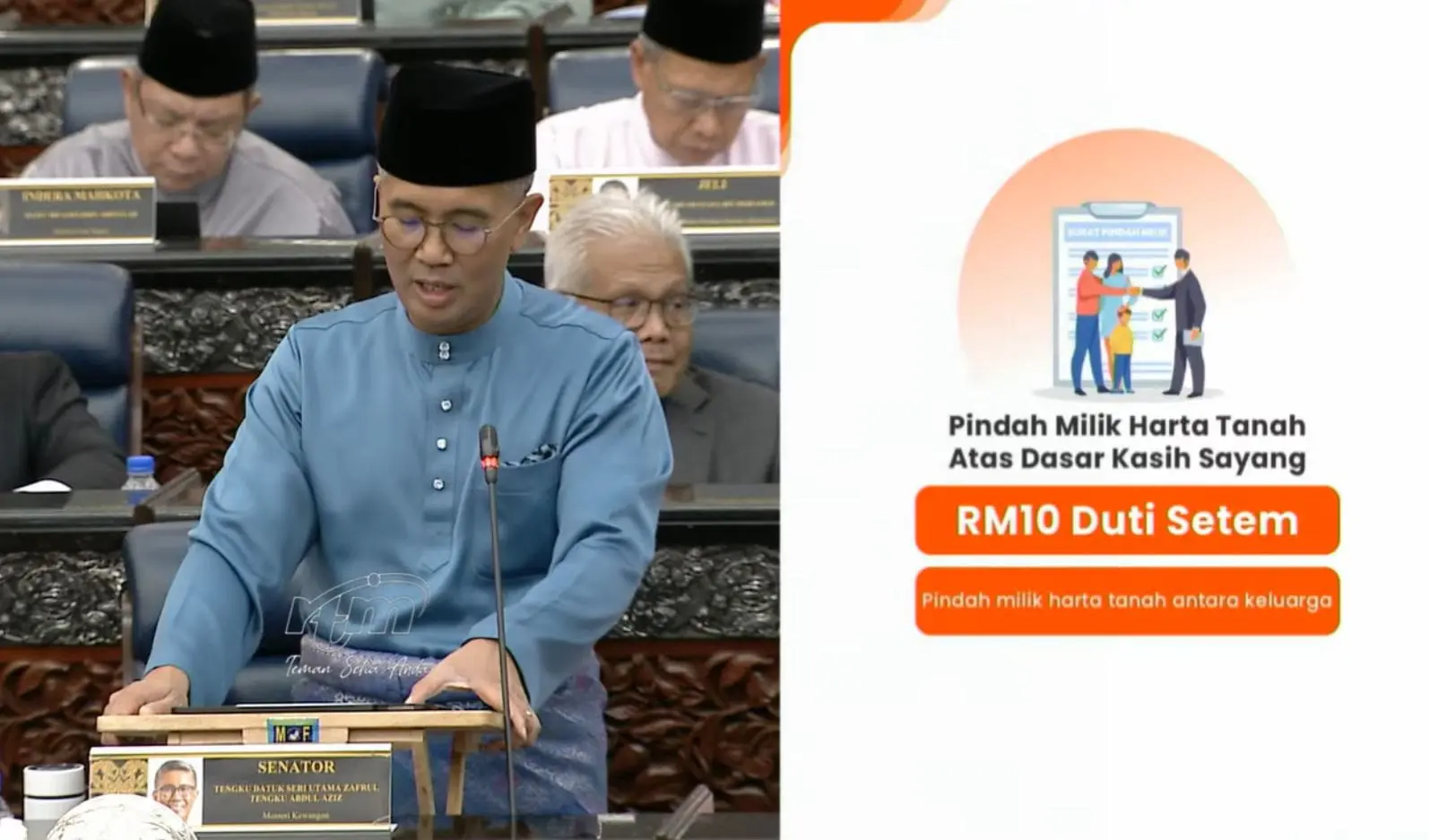
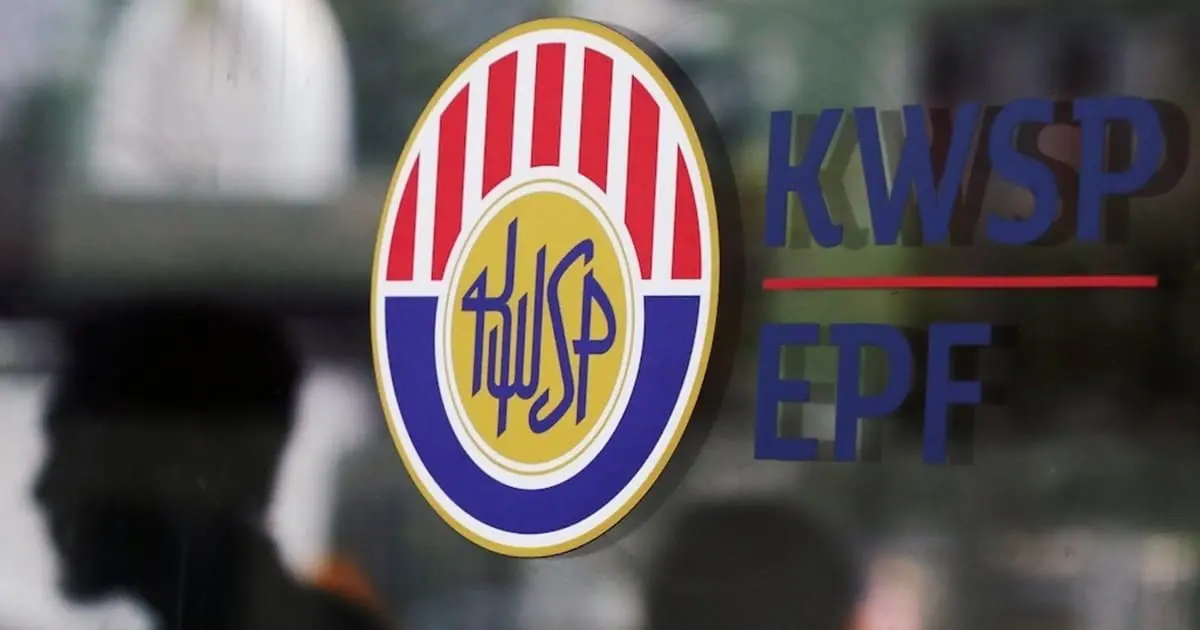


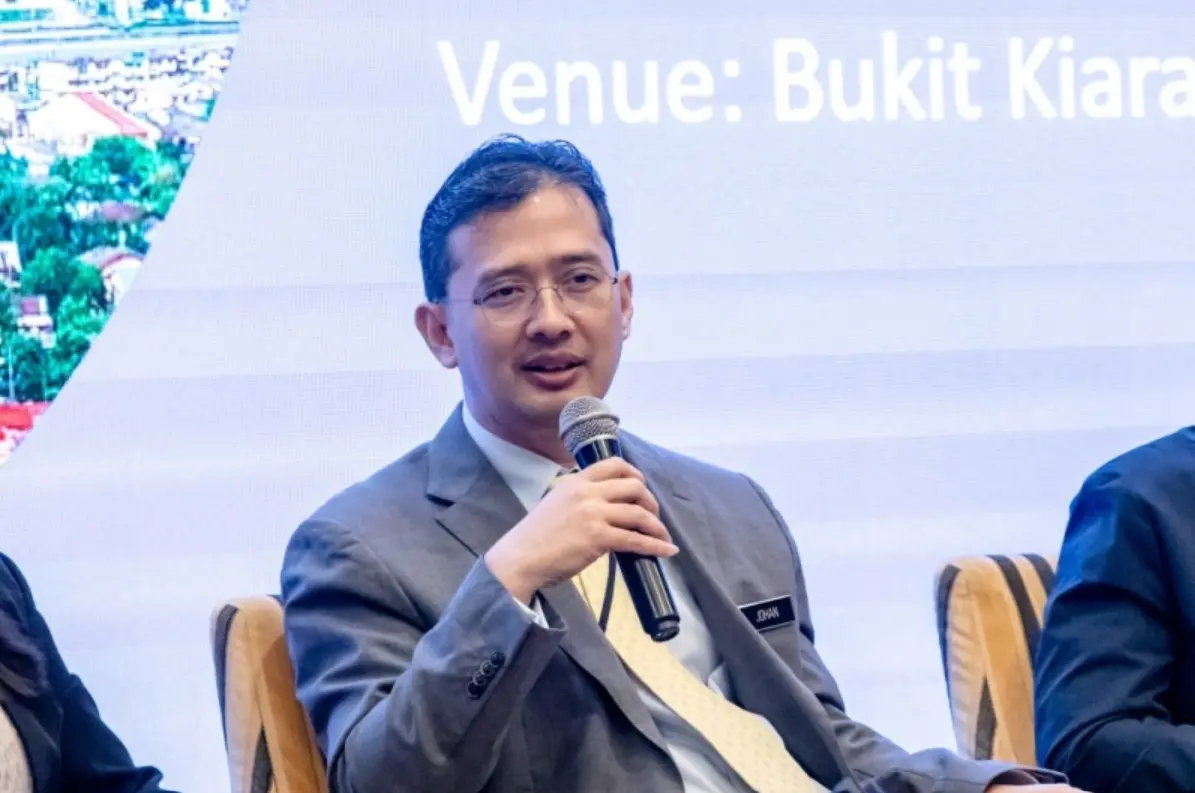
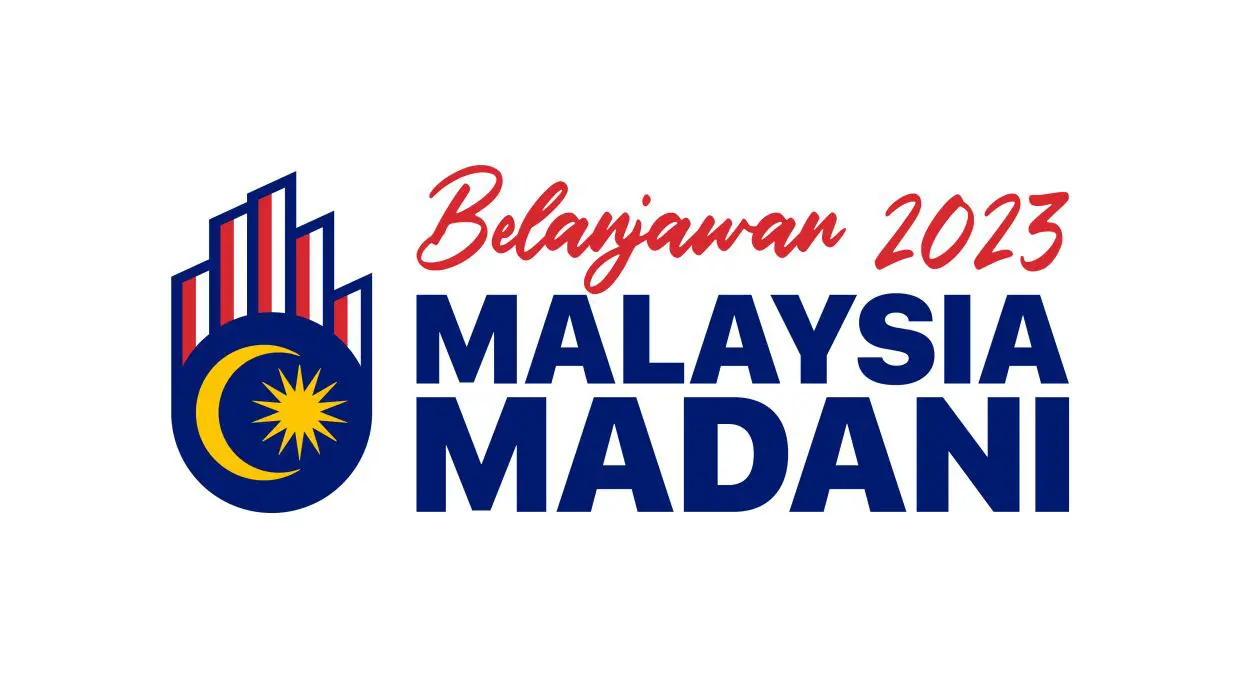


Comments (0)